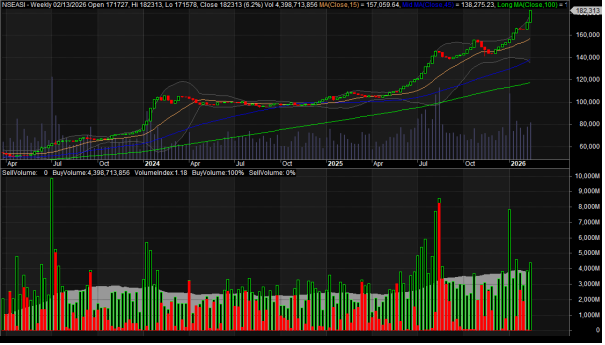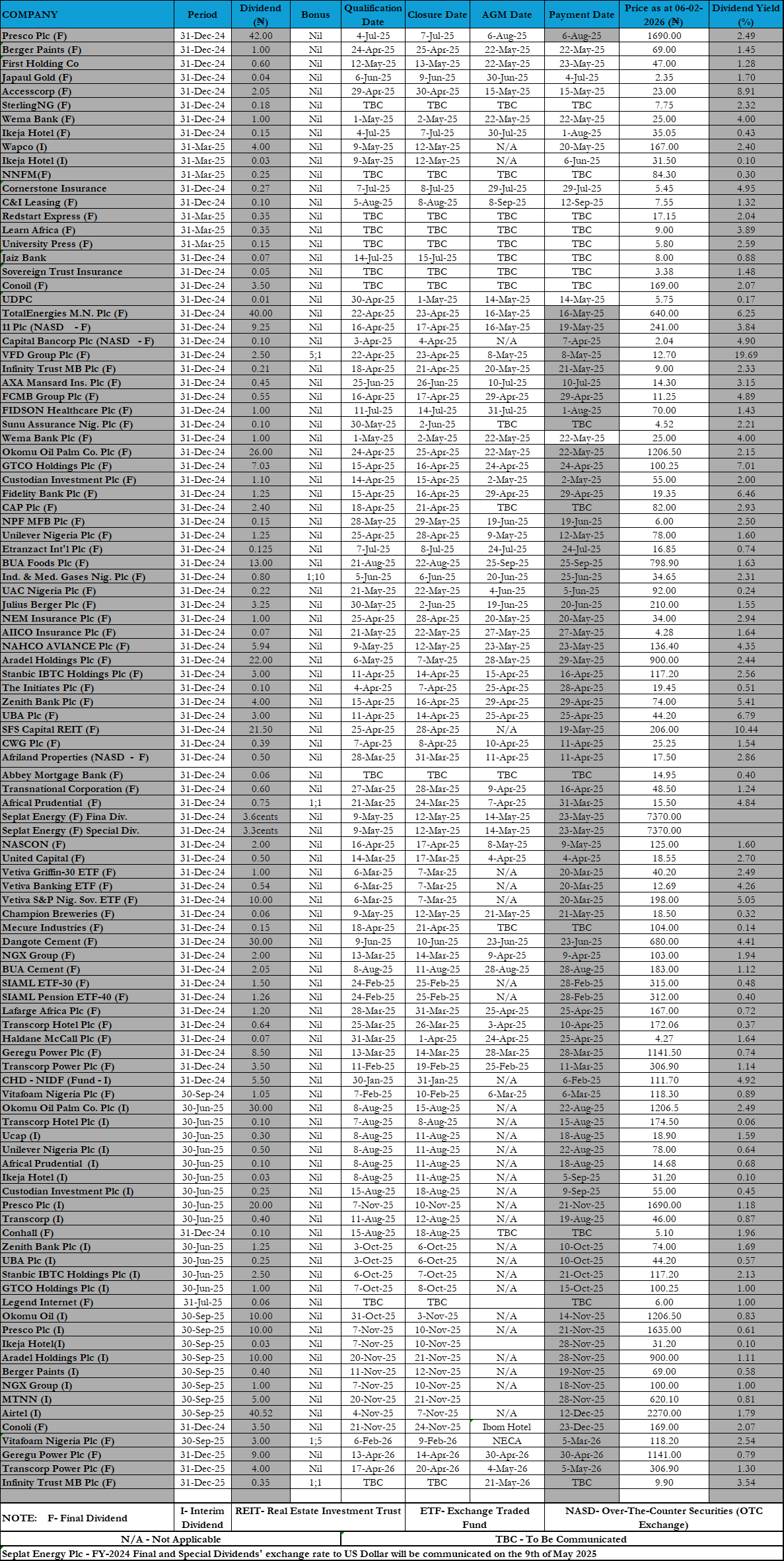Total amount of capital imported into Nigeria, for the first time crossed the $4bn mark in 10 consecutive quarters, beginning from 2015 Q1, rising to $4.145bn, a 147.5% growth when compared to the level in the preceding quarter, further demonstrating the nation’s exit from recession.
According to the National Bureau of Statistics (NBS) on Monday, the growth was boosted significantly by both portfolio and other investment inflows.
The NBS said capital can be “either imported in the form of shares, or directly imported by different sectors of the economy.”
Share capital investment, which has been on the rise since 2017Q1, is closely related to Equity investment (FDI and Portfolio) and was largely responsible for huge increase in capital importation during the quarter. By third quarter, it alone accounted for 66.24% of the total capital importation.
While portfolio investment accounted for 67% of capital importation for the third quarter of 2017, up from 50%; other investment contributed 30%, slightly down from 31% in the previous Q3, leaving foreign direct investment with just 3%, from 19% previously.
Specifically, portfolio investment, which jumped 200.7% up when compared to the level in the corresponding period of 2016, accounted for a princely $2.767bn of the total 2017 Q3 inflow. Other investment increased to $1.26bn from $516.2m, a rise of about 124.55%, compared to the 2016 Q3 figure; while foreign domestic investment followed from afar with $117.6m, after sliding 65.5% down year-on-year.
The drop in FDI to $117.6m was blamed “on the fall in both equity and other capital investment,” a surprise according to the NBS, considering the fact that both portfolio and other investments grew stronger over the third quarter.
The significant rise in portfolio investment during the third quarter, “driven by strong growth of Equity and Bonds and a dramatic capital investment increase in the form of Money Market Instruments,” the NBS noted.
Growth in other investments, the report continued, was boosted mainly by loans, which accounted for $956.7m in the 2017 Q3; and other claims, $302.9m
A further breakdown showed that in the period under review, $2.745bn of the total $4.145bn was invested in the purchase of company shares, growing by 324.86%, year-on-year, which largely exceeded the 146.5% total capital importation growth rate.
On sectoral basis, servicing took the lead, attracting 41.9% of the foreign capital imported; followed by information technology, agriculture and drilling.
Lagos remained the clear leader in attracting foreign capital inflow when considered on state-basis, accounting for $4.297bn or 79.54% of total, which was a drop from 97.07% in the prior quarter, even as the absolute amount increased substantially.
The Federal Capital Territory followed, even as it increased faster than other states, including Akwa Ibom, Edo and Ogun.
By country of origin, the United Kingdom took the lead, accounted for $1.736bn or 41.89% of the Q3 inflow, representing 149.26% rise in the level when compared to the previous quarter, and a 58.22% rise over the corresponding period of last year.
Being a key global financial hub and given its relationship with Nigeria, the UK has since 2010 accounted for the highest value of capital importation in all but the third and fourth quarter of 2015.
UK was followed by the United States, another major financial hub which pooled $962.1m or 23.31%; ahead of Tanzania, 7.61% and Mauritius, 5.53%.
It may not also be a coincidence that the bulk of the inflows came through Standard Chartered Bank, a British financial powerhouse, which pooled $1.666bn or 25.49% of the total, as against 18.6% in the first quarter of 2017; ahead of Access with $459.4m or 16.62%, which represented a significant jump from just 2.65% in the preceding quarter. Other major banks included Ecobank Nigeria, 14.87%; and Zenith Bank, 10.48%; all four of which accounted for 67% of Q3 capital importation.













